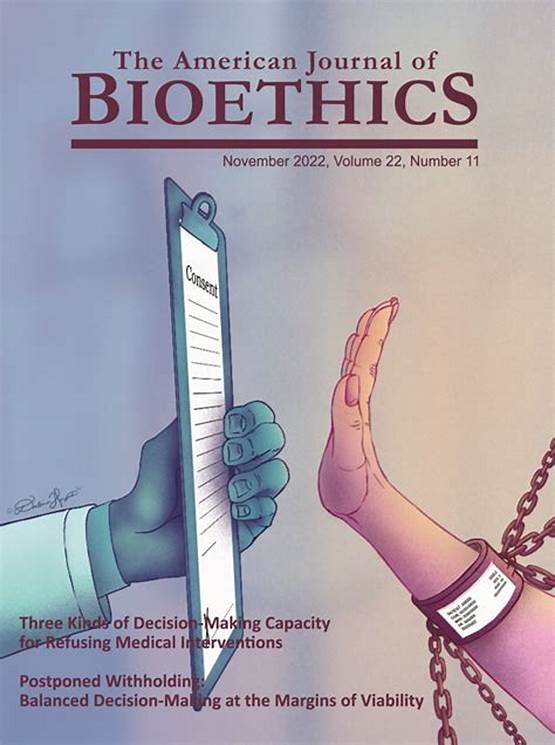胚胎基因编辑在道德上并不优于选择,即使会对人产生影响。
IF 17
1区 哲学
Q1 ETHICS
American Journal of Bioethics
Pub Date : 2024-08-01
Epub Date: 2024-08-19
DOI:10.1080/15265161.2024.2361907
引用次数: 0
摘要
本文章由计算机程序翻译,如有差异,请以英文原文为准。
Embryo Gene Editing is Not Morally Better than Selection Even If Person-Affecting.
求助全文
通过发布文献求助,成功后即可免费获取论文全文。
去求助
来源期刊

American Journal of Bioethics
社会科学-科学史与科学哲学
CiteScore
12.30
自引率
26.90%
发文量
250
审稿时长
6-12 weeks
期刊介绍:
The American Journal of Bioethics (AJOB) is a renowned global publication focused on bioethics. It tackles pressing ethical challenges in the realm of health sciences.
With a commitment to the original vision of bioethics, AJOB explores the social consequences of advancements in biomedicine. It sparks meaningful discussions that have proved invaluable to a wide range of professionals, including judges, senators, journalists, scholars, and educators.
AJOB covers various areas of interest, such as the ethical implications of clinical research, ensuring access to healthcare services, and the responsible handling of medical records and data.
The journal welcomes contributions in the form of target articles presenting original research, open peer commentaries facilitating a dialogue, book reviews, and responses to open peer commentaries.
By presenting insightful and authoritative content, AJOB continues to shape the field of bioethics and engage diverse stakeholders in crucial conversations about the intersection of medicine, ethics, and society.
 求助内容:
求助内容: 应助结果提醒方式:
应助结果提醒方式:


